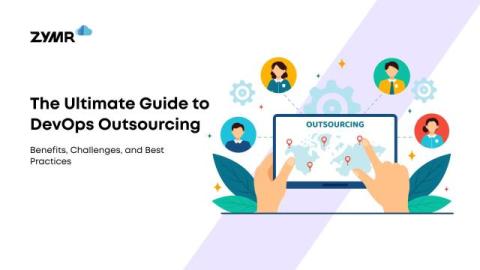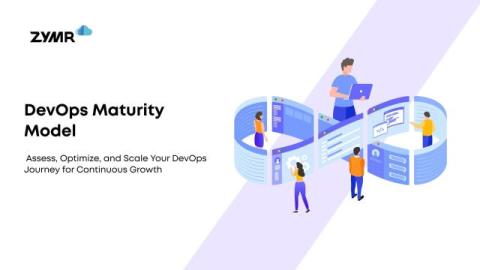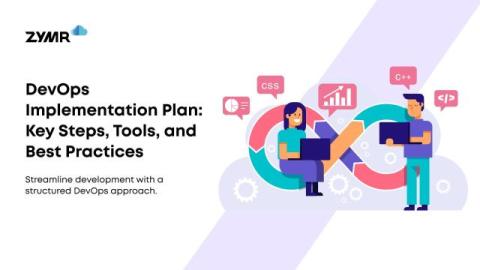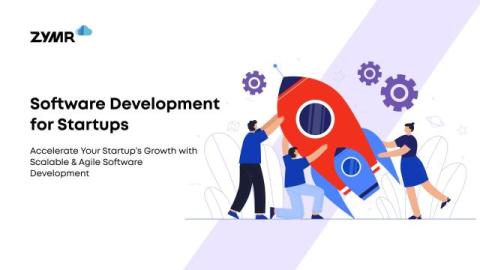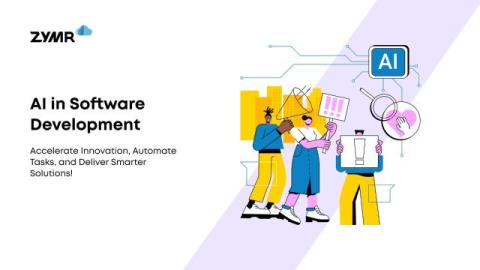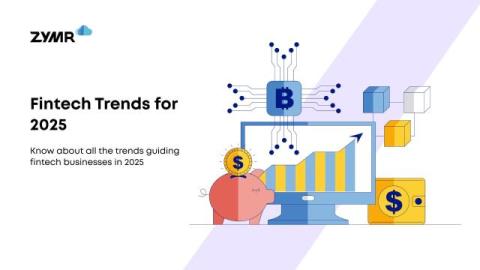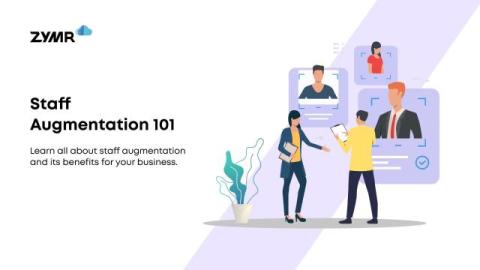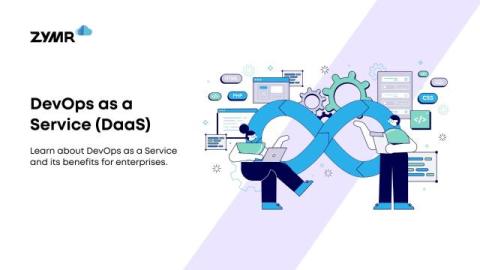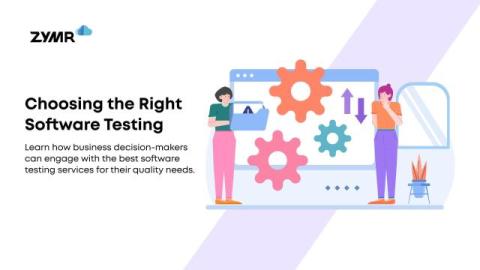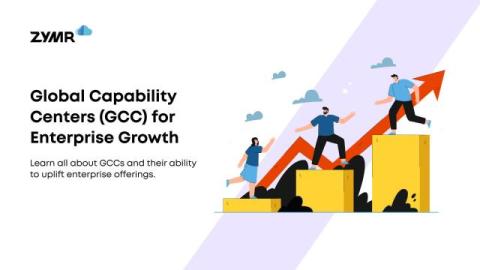The Ultimate Guide to DevOps Outsourcing: Benefits, Challenges, and Best Practices
DevOps outsourcing has emerged as a strategic approach for many organizations. Enterprises of all sizes increasingly rely on external DevOps experts to enhance operational efficiency, cut costs, and speed up their time-to-market. This shift is crucial as companies face increasing pressure to meet the demand for more agile, efficient, and scalable software delivery processes. The move toward outsourcing DevOps services will expand significantly in 2025 and beyond.


